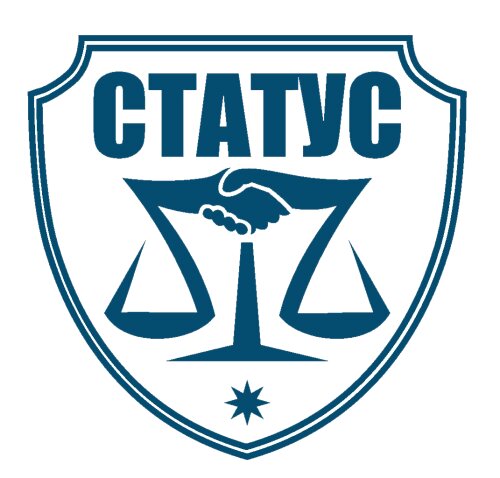Best Employer Lawyers in Russia
Share your needs with us, get contacted by law firms.
Free. Takes 2 min.
Or refine your search by selecting a city:
List of the best lawyers in Russia
About Employer Law in Russia
Employer law in Russia is distinct in its structure, largely governed by the Labor Code of the Russian Federation. It outlines the rights and responsibilities of employers and employees in various employment scenarios. Russian labor laws are designed to protect workers' rights, regulate workplace processes, and ensure fair treatment. Understanding these laws is crucial for both employers and employees to foster a compliant and harmonious working environment.
Why You May Need a Lawyer
There are several situations where consulting a lawyer can be indispensable. These include drafting employment contracts to ensure compliance with local laws, resolving disputes such as wrongful termination or discrimination, and providing guidance on workplace safety regulations. Additionally, lawyers can assist in navigating complex laws regarding collective bargaining, layoffs, and employment taxation.
Local Laws Overview
Key aspects of local employment laws in Russia include:
- Employment Contracts: Must be documented with clear terms and comply with the Labor Code.
- Working Hours: Standard workweek is 40 hours, with overtime regulations strictly enforced.
- Minimum Wage: Determined by governmental decree and varies by region.
- Leave Entitlements: Includes annual paid leave, sick leave, maternity leave, and more.
- Termination Procedures: Must adhere to specific grounds and processes to be lawful.
- Health and Safety: Employers are responsible for maintaining a safe working environment.
Frequently Asked Questions
What is the minimum probationary period for new employees in Russia?
The typical probationary period is up to three months, but it can be extended to six months for certain managerial positions.
Can an employment contract be verbal?
No, all employment contracts in Russia must be in writing and signed by both parties.
Are employees entitled to severance pay?
Yes, in cases of redundancy or organizational changes, employees are usually entitled to severance pay.
What are the core components of a Russian employment contract?
It must include job title, duties, work schedule, salary, and conditions of work including location and safety measures.
How many days of paid leave are employees entitled to annually?
Employees are entitled to at least 28 calendar days of paid leave per year.
What are the regulations regarding employee dismissal?
Dismissal must be justified according to the Labor Code, with specific procedures and employee rights respected.
Is it obligatory for employers to pay bonuses?
Only if specified in the employment contract or company policy.
How does one report an unsafe working condition?
Employees can report unsafe conditions to their employer and, if unresolved, escalate to the local labor inspectorate.
Are there special protections for vulnerable groups?
Yes, laws offer additional protections for pregnant women, minors, and disabled workers.
Can employment terms be changed unilaterally by the employer?
No, any change in employment terms must be agreed upon by both employer and employee.
Additional Resources
For more information, consider contacting local bodies such as:
- The Ministry of Labor and Social Protection of Russia: Provides guidelines and enforces labor laws.
- The Federal Service for Labor and Employment (Rostrud): Addresses employment rights and disputes.
- Trade Unions: Offer representation and legal aid to workers.
Next Steps
Should you need legal assistance, start by consulting a lawyer specializing in Russian employment law. Prepare all relevant documents and data related to your issue. Consider reaching out to local legal aid services if costs are a concern. It's crucial to act promptly, especially concerning deadlines for legal actions or appeals.
Lawzana helps you find the best lawyers and law firms in Russia through a curated and pre-screened list of qualified legal professionals. Our platform offers rankings and detailed profiles of attorneys and law firms, allowing you to compare based on practice areas, including Employer, experience, and client feedback.
Each profile includes a description of the firm's areas of practice, client reviews, team members and partners, year of establishment, spoken languages, office locations, contact information, social media presence, and any published articles or resources. Most firms on our platform speak English and are experienced in both local and international legal matters.
Get a quote from top-rated law firms in Russia — quickly, securely, and without unnecessary hassle.
Disclaimer:
The information provided on this page is for general informational purposes only and does not constitute legal advice. While we strive to ensure the accuracy and relevance of the content, legal information may change over time, and interpretations of the law can vary. You should always consult with a qualified legal professional for advice specific to your situation.
We disclaim all liability for actions taken or not taken based on the content of this page. If you believe any information is incorrect or outdated, please contact us, and we will review and update it where appropriate.
Browse employer law firms by city in Russia
Refine your search by selecting a city.















